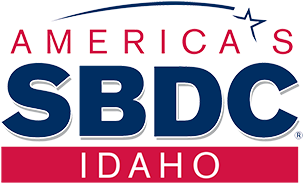Business plans are written for and used by these major audiences:
- Owners and the internal management team
- Lenders and investors
- Partners and advisors
Whether you’re starting a new business, expanding an existing one, or working on how to improve your current business, a plan is an excellent operating tool. Planning is done to assess new strategies and direction for an existing business, and feasibility of a new business.
A plan is a fundraising tool. Financial institutions and investors use it to evaluate the wisdom of lending to or investing in a business. They look at the plan to get insight into the abilities of the business owner and the potential profitability of the business.
A plan also provides essential information for entrepreneurs assessing the feasibility of a new idea, as well as presenting information to anyone considering participating in a new business venture.
Writing the Plan
The plan is a written document that describes and analyzes your business and gives detailed projections about its future. A comprehensive plan may be 15 – 25 pages plus an Appendix. Planning is not a “fill-in-the-template” writing exercise. Good planning is based on solid research, critical thinking, and valid assumptions. We suggest reading through this material and then meeting with an Idaho Small Business Development Center consultant to begin creating an effective and useful business plan (consulting is offered as a free service).
The plan should be:
- Typed and printed on quality paper, or saved as a properly formatted PDF
- Free of spelling and grammatical errors
- Consistent in style with its usage of fonts, charts, and graphs
- Clear, to the point, and easy to read
- Understandable, by providing definition of industry specific terminology
Finalizing and Using the Plan
When your plan is complete, share it with trusted advisors – like your Idaho SBDC consultant – to obtain feedback and discuss your strategy for effectively using it. A key part of this discussion should include feasibility… does it make sense, is there real market demand and potential, are the financial projections realistic and correct, do you have the resources needed to execute and perform? Successful business owners are continually developing new ideas and adapting to change, your plan should be a flexible document that allows you to revise it as needed to improve your performance and success over time.
Confidentiality
Your business plan contains detailed information about aspects of your business and personal finances, and proprietary information and knowledge about your business, you should hand it out wisely. The practice of numbering copies and requiring a signed agreement not to make copies and return any unneeded copies may be a way to protect your information. You should also consider if you need to execute written non-disclosure and non-compete agreements.





